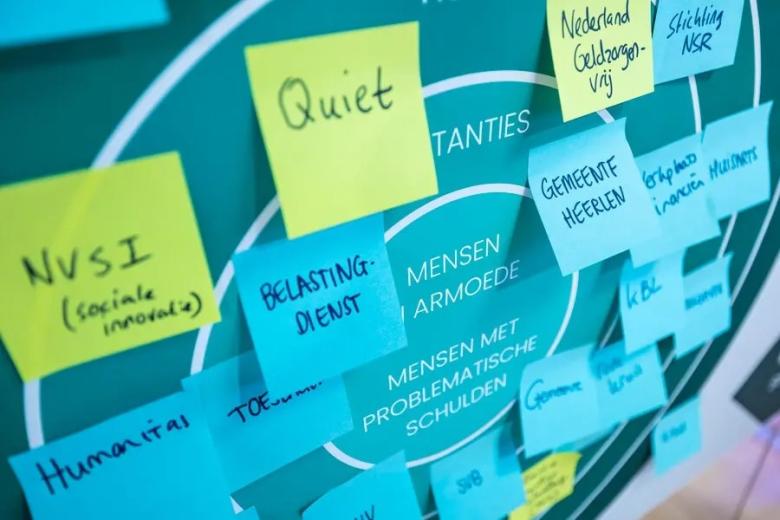New Publication: Customer Comfort During Service Robot Interactions
How can we ensure that customers feel comfortable during robot-enabled services? Because why would they otherwise keep using them? With our latest empirical study published in Service Business, we investigate whether human-like service robots make customers feel more or less comfortable. In addition, we investigate to what extent the answer to this question depends on whether the service robot makes a mistake.
Based on an online experiment, we gain interesting insights. First, we find that customers feel more comfortable interacting with human-like rather than machine-like service robots. The underlying reason for this positive effect of human-likeness lies in the fact that customers more easily build rapport with human-like service robots. We further demonstrate that this positive effect of human-likeness disappears in case the service robot makes a mistake in the service delivery. Therefore, based on our study, human-like service robots appear to be preferred as long as the service robot does not make a mistake – otherwise, human-like and machine-like service robots produce similar outcomes.
As an Open Access publication, you can download and read the full article for free: https://doi.org/10.1007/s11628-022-00499-4.
Becker, M., Mahr, D. & Odekerken-Schröder, G. (2022). Customer comfort during service robot interactions. Service Business, Vol. ahead-of-print No. ahead-of-print. https://doi.org/10.1007/s11628-022-00499-4
Also read
-
Ronald Janse appointed as new dean of Maastricht University Faculty of Law
The Executive Board of Maastricht University is delighted to announce the appointment of Prof. Ronald Janse as dean of the Faculty of Law.
-
Massimiliano Simons awarded funding for innovative art–science project on hybrid plants
"Entangled Genes: Sharpening the Public Debate on Hybrid Plants” is a new artistic research project that aims to deepen societal reflection on genetically modified plants.
-
HIP makes government communication more human
The ELSA Lab Poverty & Debt is developing, together with HIP, a tool that makes letters easy to understand without compromising their legal validity. HIP stands for Clear, Intelligent, and Productive and was developed in collaboration with the Brightlands Smart Services Campus and PNA Group.